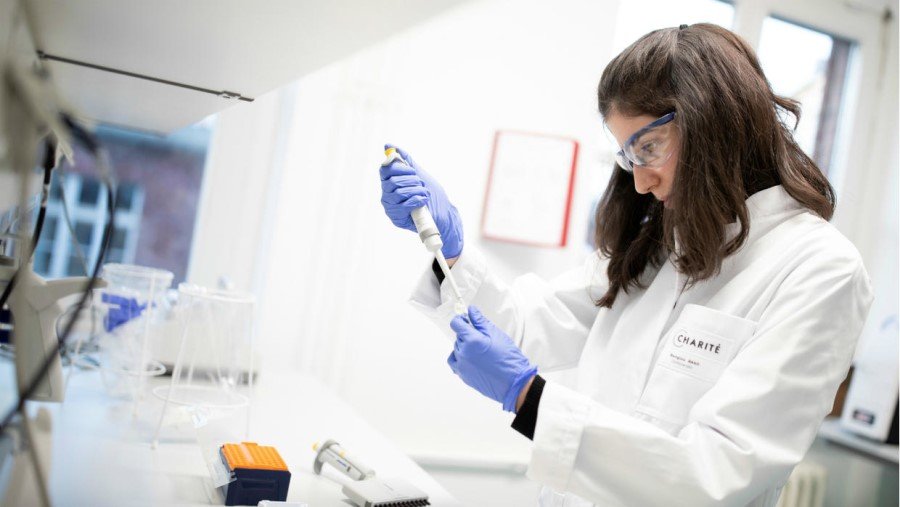Pupils in the German state of North Rhine-Westphalia, which borders the Netherlands, must test themselves twice a week for infection with the coronavirus after the Easter holidays.
About one in five students has refused to do so so far, which is why the state government in Düsseldorf makes self-tests compulsory. Other federal states are also working on this.
How the obligation takes shape, and the legal basis is currently being discussed, says Minister of Education Yvonne Gebauer of the state. “Tests ensure that infections are detected and that infection chains can be broken or even prevented. They ensure that school activities are safer.”
The secondary schools already have self-tests. After Easter, this also happens at primary and special schools. The ministry states that self-tests in schools are currently largely smooth. But effective protection requires that “as many students as possible participate”. That is why it has been decided to carry out mandatory tests.
Lessons at school – with a mouth mask – are now only allowed to a limited extent. “We want to do everything we can to resume classes after the Easter holidays, and as announced, we will exchange views with the school associations in the coming week,” Gebauer said.


